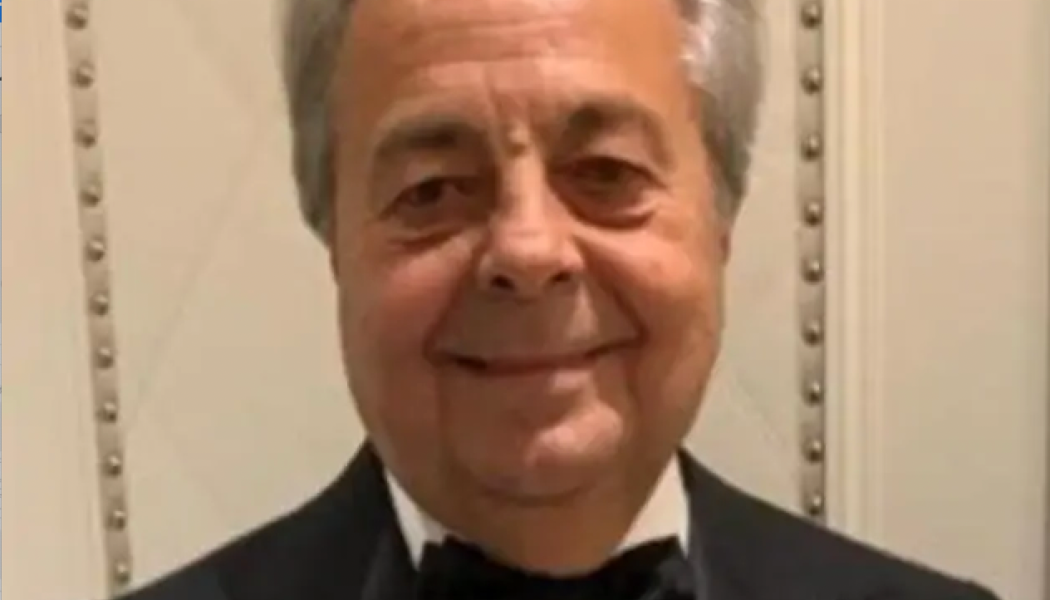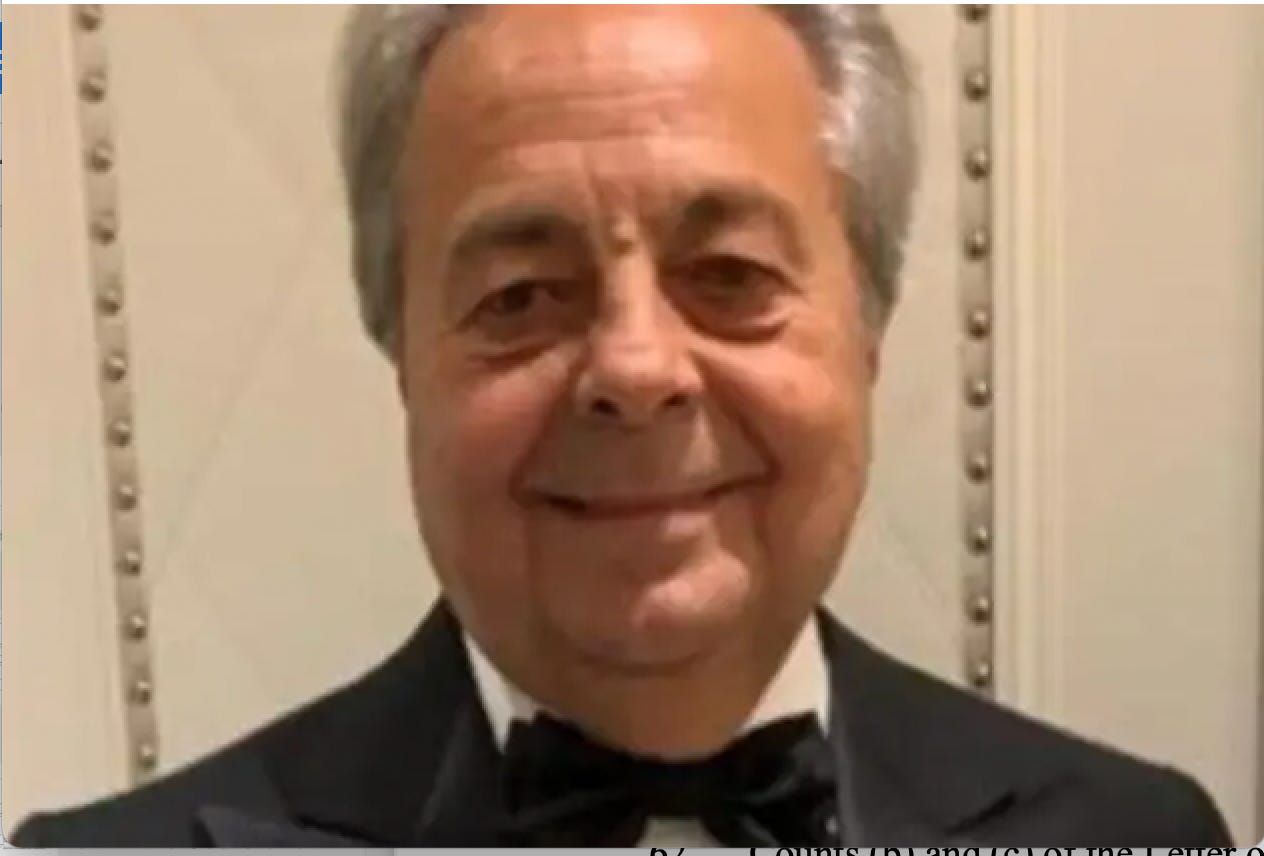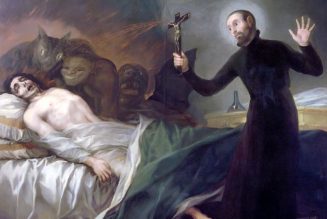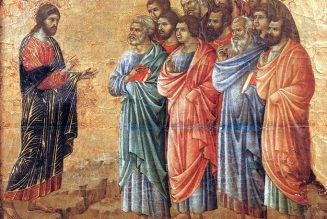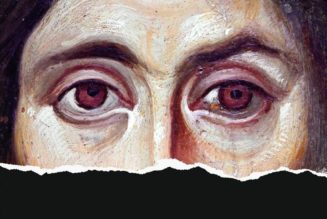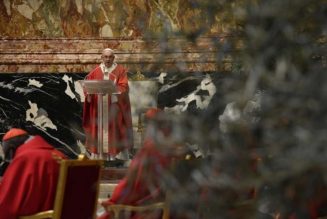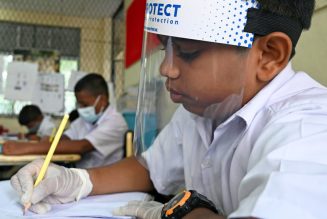A defendant in the Vatican’s financial crimes trial invested in two South Florida luxury condominiums, using holding companies which Vatican prosecutors say were also used to dupe the Holy See into investing millions with a fake proposal to fund a highway in North Carolina, and move money around amid alleged acts of fraud.
Former Vatican investment manager Enrico Crasso is standing trial in the Vatican for embezzlement, corruption, extortion, money laundering, fraud, abuse of office, and forgery — charges which the Italian denies.
According to a cache of recently leaked documents known as the Pandora Papers, which detail the flow of money through offshore and unregulated holding companies, Crasso used two companies to purchase luxury condos in Miami, one for more than $1 million, and one for more than $2 million.
Crasso purchased one of the properties with a holding company registered in the British Virgin Islands, where the investment manager registered at least three companies he used to sell bonds to investors, including to the Vatican Secretariat of State.
He purchased the other property through HP Finance, Crasso’s U.S.-based company. According to Vatican prosecutors, Crasso used that company to sell the Vatican’s Secretariat of State a 7 million euro bond investment, by pitching an investment proposal which had been falsified.
While it purported to be a bond raising money to finance the construction of a highway in North Carolina, the money was actually used to fund an equity stake in three Italian companies.
The Vatican’s investment in the bond was approved by the secretariat’s then-sostituto, Cardinal Angelo Becciu, who is also standing trial in the Vatican for financial crimes.
Prosecutors concluded that the Secretariat of State was “induced to authorize a loan of over 6 million euros on the basis of a false representation, because the sums in question were never allocated [by the Vatican] to the three initiatives, but to support the highway in North Carolina.”
The bonds were eventually sold for a loss at 5 million euros in 2018.
Crasso told Vatican prosecutors in 2020 that he had “never heard of North Carolina.” But prosecutors said the investment manager’s penchant for moving money around between offshore shell companies — like those registered in the British Virgin Islands — is evidence of “aggravated fraud,” for which he was indicted.
There is no evidence that Vatican money was used to buy the Miami condos. Crasso told the Miami Herald this week they were purchased with his own money, for his own use. He said he used one condo to vacation several times a year, but sold it in 2020, in part to pay his mounting legal bills. He sold the other condo in 2018.
The investment manager, who began working as a financial advisor and fixer in the Vatican during the 1990s, was the manager of the Centurion Global Fund, in which the Vatican invested tens of millions of euros, including money from Peter’s Pence, the annual worldwide collection to support the ministry of the pope.
The fund famously invested in several Hollywood films, including “Rocketman,” the Elton John biopic.
Get The Pillar in your inbox, every Tuesday and Friday. What could be better?
The fund’s investments were held through a small Swiss bank in Lugano, Banca Zarattini. In 2018, U.S. prosecutors named that bank in indictments during a $1 billion money laundering case related to both the Venezualen national oil company PDVSA and Nicholas Maduro. Funds held at the bank were identified for seizure in the case.
In December 2019, Pope Francis ordered the fund liquidated after media reports on its investments.
Crasso also first introduced the Secretariat of State to Raffaele Mincione, the businessman who went on to sell them a London building, the purchase of which kicked off the investigation which led to the indictments handed down on July 3.
Mincione has been charged with embezzlement, abuse of office, fraud, and self-laundering. He is currently suing in the Secretariat of State in a U.K. court.
Crasso also introduced the Vatican to Gianluigi Torzi, who acted as middleman for the final sale of the building and was later arrested for money laundering and extortion.
In October 2020, a Swiss court granted Vatican investigators full access to banking documentation related to Crasso, including those held by Az Swiss & Partners, which owns Crasso’s company Sogenel, which managed the Centurion fund.
Crasso has defended his stewardship of Vatican investments, insisting that Centurion was a profitable venture. He has publicly commented on the fund along with Cardinal Angelo Becciu, who served as sostituto at the Secretariat of State until June 2018, and had oversight of the department’s financial affairs.
Becciu was ordered by Pope Francis to resign his post as head of the Congregation for the Causes of Saints, and his rights as a cardinal, in September 2020, after the pope was reportedly handed a dossier of allegations of financial misconduct by Becciu.
After his forced resignation, Becciu said that although he had authorized the investments managed by Crasso, he was unaware of the details.
“It’s not that [Crasso] was telling me the ramifications of all these investments,” Becciu told reporters.
The next hearing in the Vatican’s financial crimes trial is Nov. 17.
Coverage like this is why you read The Pillar. So consider becoming a paying subscriber. We promise not to build any highways in North Carolina:
Join Our Telegram Group : Salvation & Prosperity
